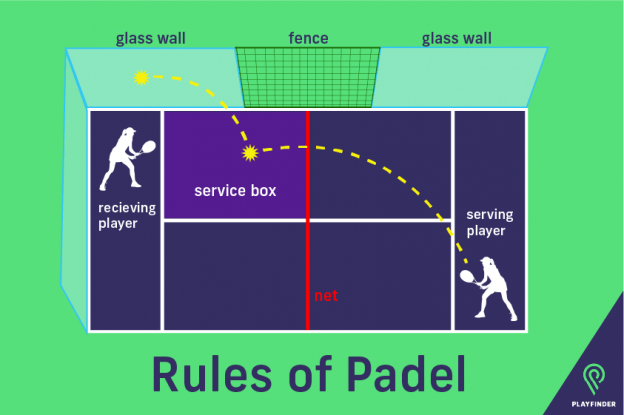Can sports strengthen our mental fitness?
14 May 2019 • By - Will Chrimes
Read time 3 minutes
Introduction
Sport plays a major role in helping people enjoy a physically healthy life, but it also has incredible benefits for strengthening our mental fitness. Obesity remains a huge strain on the NHS as UK Active’s recent report revealed physical inactivity over ten years causes “370,00 premature deaths and costs the system £200bn over the same period”. Poor mental fitness contributes too and social sport provides a solution.
Social and camaraderie
Playing group sports gives people a sense of belonging and a chance to make friends. These friendships can start afresh or be reaffirmed over many years. In my own case, I have been playing in the same 5-a-side football group for almost ten years and it has introduced me to lifelong friends. The game is almost secondary to the weekly catch-up and shared experiences after a runabout, especially as we move through our 30s when life throws up its obstacles.

Sport has a fantastic way to break-down barriers too. Work environments usually have well-defined divisions and sport removes these by making it all about what happens on the court or pitch – whether good or bad! For one of our Humans of Grassroots Sport series interviews, we spoke with a teaching assistant who through netball had suddenly opened up her school social group as the team included different year group teachers and even the deputy headmaster.
Personal development
Group sports are wonderful for developing good character traits and sportsmanship. There is a fine line between being competitive and expressing emotions in the right manner. Defeat handled magnanimously is better than winning by immoral means and then gloating about it. A fist-pump, hug or high-five from a teammate after a game builds character, while learning to smile and shake a hand gracious in defeat encourages strong characters.
Teams tend not to perform well if they don’t work together. Individual talent is important but will only take you so far. Communication is vital in group sports and understanding what it takes to be part of a team is imbedded with learning to value teamwork. An invaluable lesson for all of us to carry into adult lives and the workplace.
Physical fitness, leading to mental
Running around on a badminton court, netball court or football pitch is of course excellent for physical fitness too. The NHS found in 2016 a staggering 23% of adults are classified as obese, much can be done in addressing this epidemic. Being fit and healthy impacts mental fitness by giving you confidence in yourself. This is reflected in work, family and social life.
Need for places to play and better access
Providing places to play and improving access to facilities is essential for improving our nation’s mental fitness. Fitting in sport around hectic lives isn’t always easy, so removing barriers to entry is the first step.

For example, UK Active’s report highlighted there is huge capacity at schools to help get more people active and these facilities must be more readily accessible to help improve people’s mental fitness. Schools own 35% of the facilities in England, the greatest share of any other operator type and 40% of these are currently inaccessible to the public.
Technology delivers a solution to make finding and booking places to play much simpler and Playfinder is seeing the positive results in the number of people playing – since launch five years ago this week we have helped over 1.5m play sport.
Conclusion
Social sport strengthens mental fitness and the goal is getting more people playing with friends, family and colleagues. Technology plays its part in opening up access to sports facilities and then we must all work together to encourage more people to engage with social sports to boost mental fitness in the UK.




